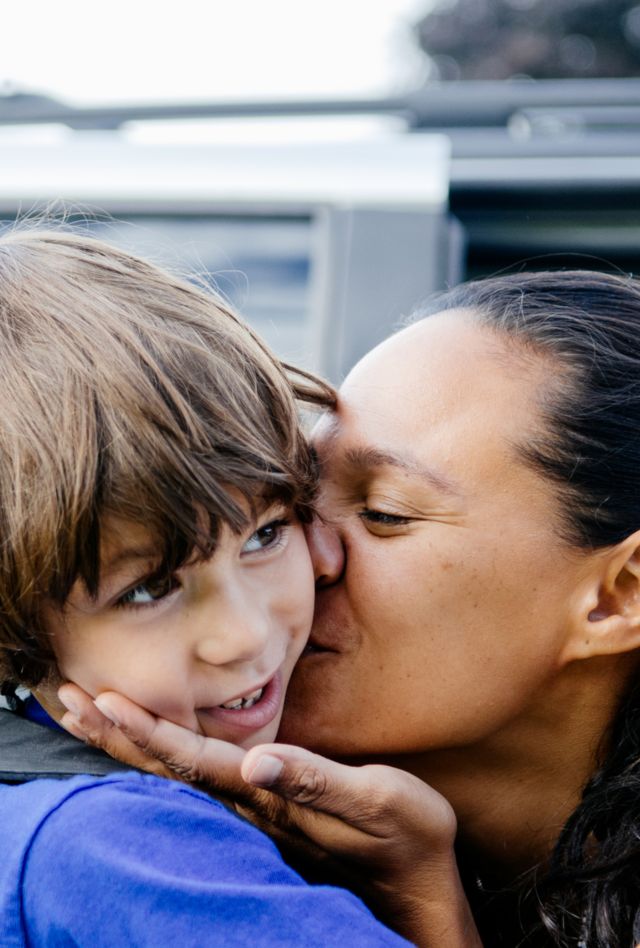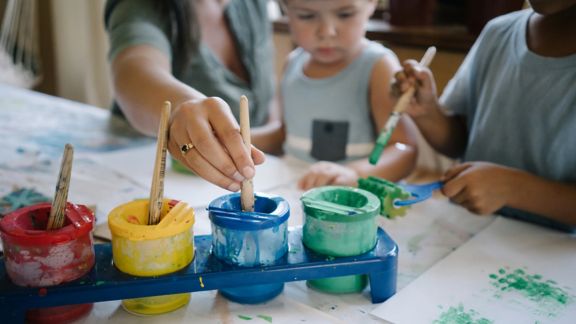Sesame Workshop’s Identity Matters Project

Problem
Sesame Workshop needed to understand what young children were learning about social identities.
When Sesame Street premiered in 1969, it was out in front on diversity and inclusion with its barrier-breaking cast. As the preschool children's education program approached its 50th anniversary, leaders of the show's production company, Sesame Workshop, thought it was a good time to reflect on how best to continue their mission of "helping kids everywhere grow smarter, stronger, and kinder." They needed to know what children were being taught, often indirectly, about their social identities at home and elsewhere. That's important because social identities—including race, ethnicity, gender, social class, and religion that too often are stereotyped—affect children's self-esteem and success in school and life.
Solution
NORC created rigorous surveys of young children's parents, caregivers, and teachers.
With funding from Sesame Workshop, NORC fielded two national surveys in early 2019. We fielded a representative sample of 6,070 parents and caregivers of children ages 3 to 12 using TrueNorth®, which relies on NORC's probability-based panel, AmeriSpeak®, to calibrate opt-in online panel samples. Using TrueNorth® allowed for a larger sample size and intersectional analysis across several identities. We also conducted an internet survey of 1,046 educators of children from pre-K through 5th grade. In both questionnaires, we asked which of six social identities had the greatest impact on their children's ability to learn and how and when they discussed identity and topics like race, gender, and diversity with their children.
Result
The findings led Sesame Workshop to take new steps on race and ethnicity.
Most parents agreed that race, ethnicity, and other social identities affect children's success rate in the United States, with half of Black parents and 3 in 10 white, Hispanic, and Asian-American parents saying race and ethnicity have a major impact. But over 60 percent of parents—and 75 percent of white parents—said they rarely or never discussed race, ethnicity, or social class with their own kids. As for teachers, 80 percent cited social class as the main factor in children's success. But most of them said they shied away from discussing social class with students, with nearly half saying it was inappropriate.
After finding out that most parents and teachers were silent on social identities, Sesame Workshop's leadership decided Sesame Street needed to lead this discussion. In March 2021, the program introduced its first Black Muppet family, a video series that aims to give children, parents, and educators the tools to frankly discuss race and ethnicity, and racial literacy programming on the new season of Sesame Street.
Related Tags
Project Leads
-
Jennifer Benz
Vice PresidentProject Director -
J. Michael Dennis
Senior Vice PresidentSenior Staff -
Emily Alvarez
Senior Research ScientistSenior Staff













